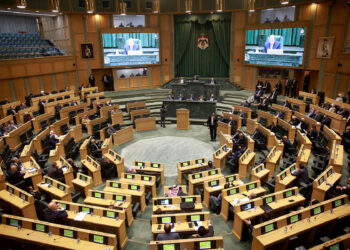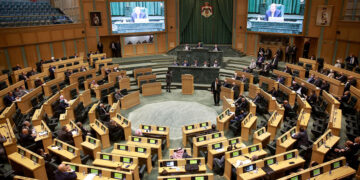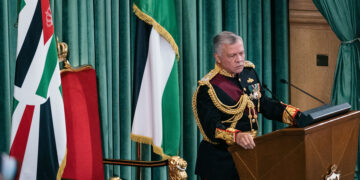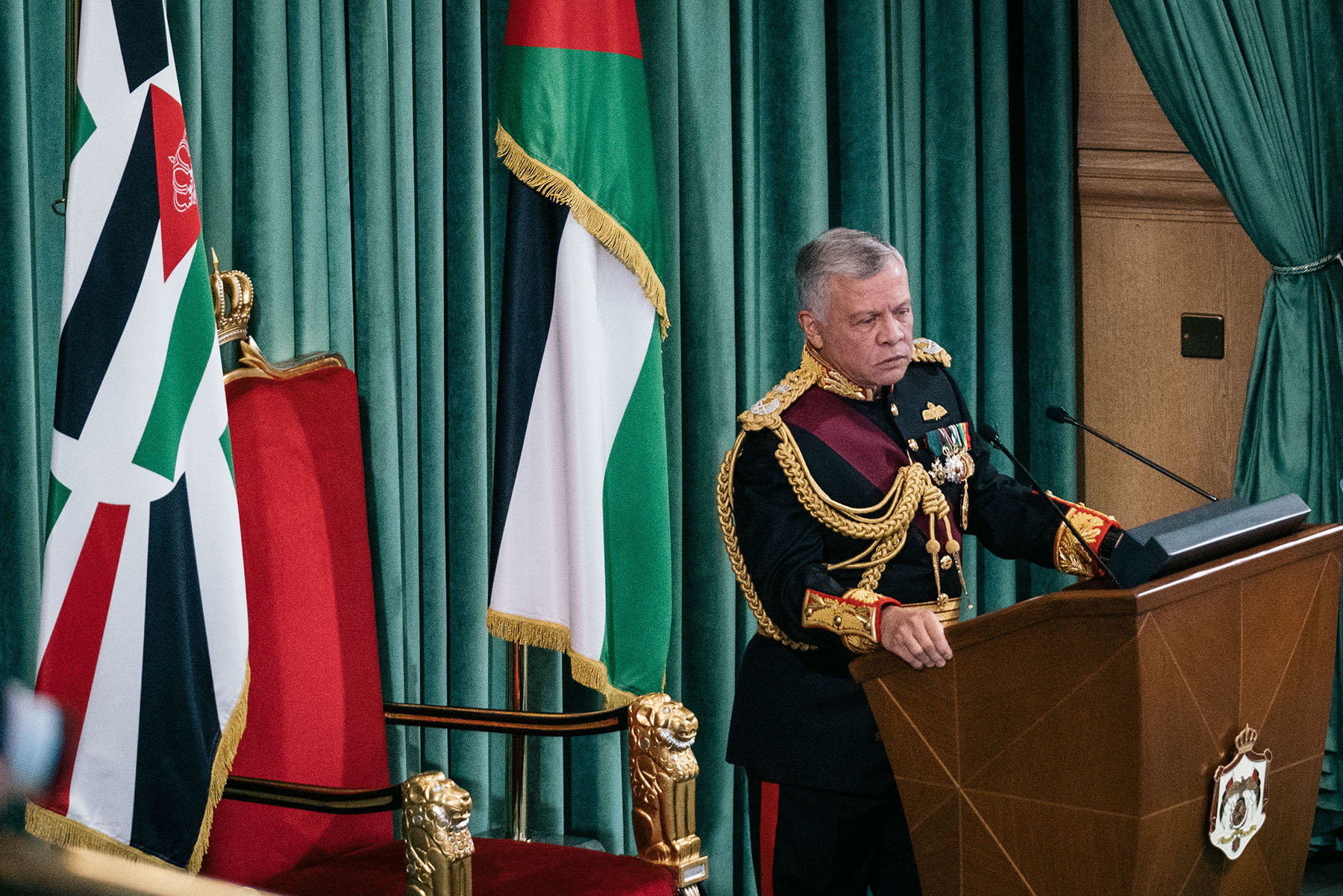An international open letter, dated January 17, 2024, extends widespread support for Brazil's diplomatic stance on the Israel-Palestine conflict. The letter endorses the actions taken by President Luiz Inácio Lula da Silva and Minister of State for Foreign Affairs Mauro Vieira in backing of South Africa's petition accusing Israel of violating the 1951 Convention on the Prevention and Punishment of Genocide.
Responding to critiques, the letter underscores Brazil's commitment to human rights and adherence to international norms. It emphasizes Brazil's impartiality in the conflict as rooted in international obligations and dismisses accusations of antisemitism, advocating for a clear distinction between criticism of Israeli government actions and genuine antisemitic sentiments. The signatories express unwavering support for Brazil's decision amid the ongoing humanitarian crisis in Gaza:
***
Open Letter of support to the Honorable President of the Republic, Mr. Luiz Inácio Lula da Silva, and to the Honorable Minister of State for Foreign Affairs, Ambassador Mauro Vieira
January 17, 2024
The South African government presented, on December 29, a petition to the UN International Court of Justice, in The Hague, a body with 15 judges which tries disputes between states, with the support of 67 countries, including Brazil. The petition accuses the State of Israel of failing to comply with the 1951 Convention on the Prevention and Punishment of Genocide.
On January 10, in a note from the Ministry of Foreign Affairs, the President of the Republic reported the efforts and actions that his government has taken in numerous forums in favor of a ceasefire, the release of hostages, and the protection of the civilian population in Gaza. He also highlighted Brazil's tireless efforts in the presidency of the Security Council to promote a diplomatic solution to the conflict in Gaza.
In light of the continuing flagrant violations of international humanitarian law in Gaza, the President expressed his support for South Africa's initiative to call on the International Court of Justice in The Hague to order Israel to immediately cease all acts and measures that "may constitute genocide" or related crimes under the Genocide Convention.
The President's decision provoked criticism such as the allegation of a purported lack of coherence in Brazilian diplomacy in supporting the petition to the Court, which was said to be at odds with the foreign policy of balance between Israel and Palestine, and was aiming to delegitimize Israel and break the brotherhood (sic ) with the Jewish people, reinforcing antisemitism
There is no incoherence in Brazilian diplomacy. These criticisms ignore that the Brazilian State has been guided in international relations by the primacy of respect for human rights, in accordance with article 4 of the 1988 Constitution. Brazilian foreign policy under democratic constitutionality has always respected the primacy of international norms and the decisions of multilateral bodies.
Any reference to the crisis in Gaza should be examined, as the UN Secretary- General recently asserted, in the context of the history of relations between Israel and the Palestinian people. The maintenance of equidistance in Brazil's relations comes from the situation of the two parties to the conflict from the angle of Brazil's obligations under international legislation: the State of Israel, as the occupying power, and occupied Palestine, subjected to years of apartheid, 56 years military occupation and 16 years of blockade in Gaza
Many critics claim that the Court process leaves aside the examination of the Hamas attacks on October 7th. But Hamas cannot be a party to proceeding before the International Court of Justice, which examines only disputes between states. The Court will examine Israel's defense that blames Hamas for civilian deaths rather than its own conduct. And in any event, the judicial body that can penalize Hamas's war crimes is the International Criminal Court (which investigates and prosecutes individuals), but Israel has prevented its prosecutor from entering Gaza due to the risk that he could investigate and prosecute Israeli officials.
The accusation of reinforcing antisemitism is part of the campaign to politically exploit the term by considering any criticism of the State of Israel and its government as antisemitic. Antisemitism is a dangerous scourge and must be vigorously combated. But it is not being antisemitic to condemn apartheid and Israel's systematic disregard for the decisions of UN bodies and international humanitarian and human rights laws, including the failure
to prevent genocide, as noted by the Jerusalem Declaration and the Nexus Document on antisemitism. To falsely equate antisemitism with criticism of Israel undermines the important fight against antisemitism.
Regrettably, all these hypocritical criticisms of the government's decision in boastful letters, editorials, and an avalanche of notes on social media do not take into account the nature, scope and extent of Israel's military attacks on Gaza, with a continuous bombardment for 100 days in one of the most densely populated regions in the world, forcing the evacuation of 1.9 million people (85% of Gaza's population) from their homes, displaced to increasingly cramped areas, without adequate shelter, where they continue to be bombed, killed and wounded, and deprived of the necessities of life. The fighting has killed more than 23,843 Palestinians. Gaza has turned into a cemetery for more than 10,000 children, with thousands injured in amputations without anesthesia, missing, believed to be buried under the rubble. 82 journalists have been killed, many with their extended families. 152 UN staff have been killed, more than in any other conflict in the organization's 78-year history.
Israel has destroyed vast areas of Gaza, including entire neighborhoods, damaged or destroyed more than 355,000 Palestinian homes, agricultural land, bakeries, schools, four universities, businesses, mosques and places of worship, cemeteries, cultural and archaeological sites, municipal services, facilities of water and sanitation and electricity networks, as well as Palestinian medical and health systems. Israel continues to reduce Gaza to rubble, killing, injuring, and destroying the population and creating living conditions that the South African petition claims are calculated for the physical destruction of the Palestinians as an ethnic and national group.
The undersigned support Brazil's democratic government and agree with the decision taken by Brazilian diplomacy at the International Court of Justice. In this sense, we support for the President of the Republic, Luiz Inácio Lula da Silva and the Minister of State for Foreign Affairs, Ambassador Mauro Vieira.
- PAULO SÉRGIO PINHEIRO, Former Minister of the Secretariat of State for Human Rights
- KENNETH ROTH, Former Executive Director of Human Rights Watch
- SARAH LEAH WHITSON, DAWN's Executive Director
- EMBAIXADOR JOSÉ MAURÍCIO BUSTANI, Former General Director of the Organization for the Prohibition of Chemical Weapons
- JUAN E. MENDEZ, Former Special Advisor to the UN Secretary-General on the Prevention of Genocide
- FABIO KONDER COMPARATO, Emeritus Professor of Faculty of Law, University of São Paulo, USP
- EMBASSADOR TADEU VALADARES, Former Director of the Department of Human Rights and Social Issues, Ministry of Foreign Affairs
- JAMES CAVALLARO, Former President of the Inter-American Commission on Human Rights, OAS
- MARILENA CHAUI, Emerita Professor, USP
- PAULO VANNUCHI, Former Minister for Human Rights REGINALDO NASSER, Professor of International Relations, PUC-SP ROGERIO SOTTILI, Former Minister for Human Rights
- LUIZ CARLOS BRESSER PEREIRA, Former Finance Minister, Former Minister of Federal Administration and Reform of State
- EMBASSADOR EDUARDO ROXO
- LUIZ EDUARDO SOARES, Anthropologist and Writer, Former National Secretary of Public Security
- NILMA LINO GOMES, Former Minister of Racial Equality EMBASSADOR FRANCISCO ALVIM
- JOSE LUIZ DEL ROIO, Historian and Former Senator of Italy
- IDELI SALVATI, Former Senator and Former Minister for Human Rights MILTON HATOUM, Writer
- ELEONORA MENICUCCI DE OLIVEIRA, Former Minister of Women's Policies
- BRENO ALTMAN, Journalist
- SALEM NASSER, Professor of International Law, Law School , Getúlio Vargas Foundation, FGV
- PEPE VARGAS, State Representative – Rio Grande do Sul, Former Minister for Human Rights
- LAURA GREENHALGH, Journalist
- MARIA DO ROSARIO, Federal Representative, former Minister for Human Rights
- MARIA VICTORIA DE MESQUITA BENEVIDES, Emerita Professor, Faculty of Education,USP
- BRUNO HUBERMAN, Professor of International Relations, PUC-SP EMBAIXADOR JOSÉ VIEGAS FILHO, Former Minister of Defense






































